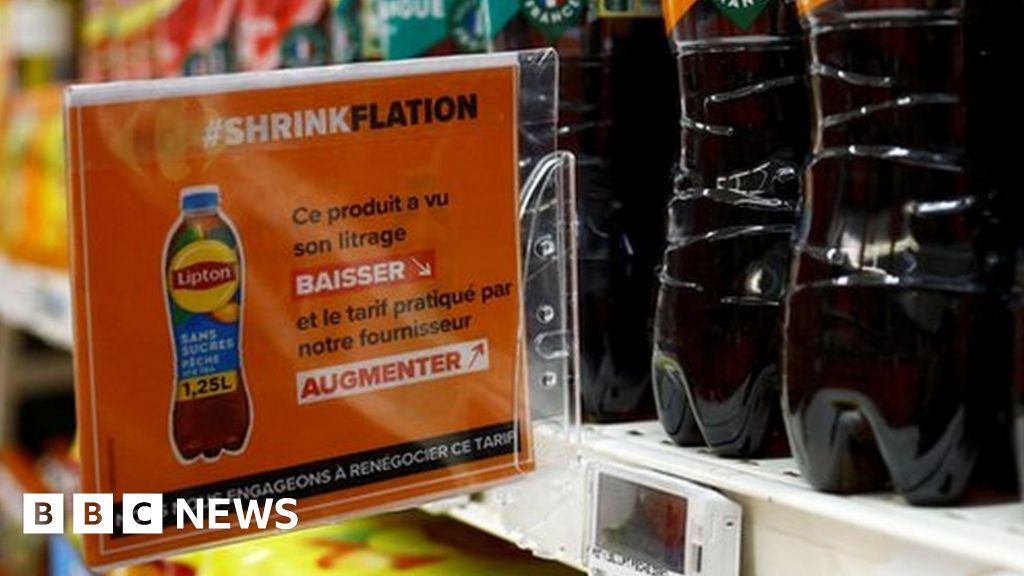Soldato
- Joined
- 30 Sep 2005
- Posts
- 16,810
Yeah Tesco home insurance £142.38
That's per year, not per month
I'll only use if something really bad happens like a flood or fire
That's per year, not per month

I'll only use if something really bad happens like a flood or fire
Last edited:



